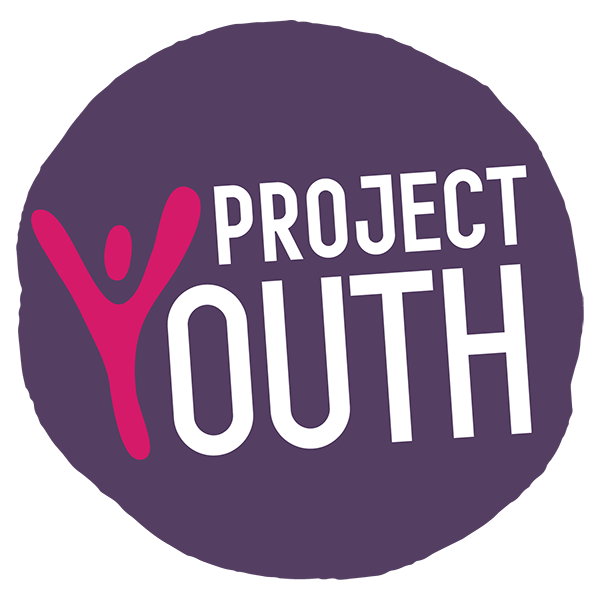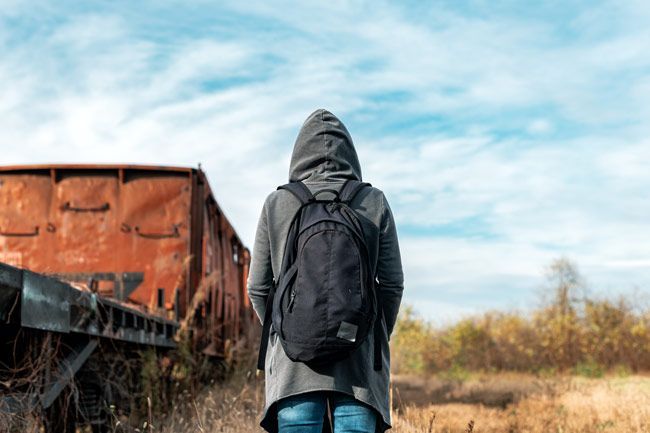Housing and Homelessness
Project Youth's staged housing system:
There are many reasons young people can no longer stay in their own home. Two of the main reasons are family violence and family breakdown. Young people also become homeless as they are fleeing sexual, physical and emotional abuse or neglect, or their parents are struggling with addiction, crime or mental ill health. In some circumstances young people can be supported to return to their family home with the right provisions and resources in place, however this is not always possible and they need a safe alternative.
Are you a young person struggling or having a hard time at home? Are you sleeping on your friend’s couch? Is there violence or emotional abuse happening at home? Are your parents constantly fighting or are you or someone else in your home being abused? Do you need a safe place to live? Do you need someone to talk to about your situation?
MAKE A REFERRAL CRISIS REFUGE MAKE A REFERRAL TRANSITIONAL HOUSING
You are not safe if:
You do not have a stable, permanent place to live
You are being emotionally and/or physically hurt by someone you live with
Someone you live with is making unwanted sexual advances towards you
Someone you live with is constantly shouting at you and/or calls you abusive names
The people you are living with are often affected by drugs/alcohol which makes their behaviour difficult or upsetting to live with
Your housing is unsuitable if:
Where you live is overcrowded and you do not have a space to call your own
You have to sleep on the couch and don’t have your own bed
You are staying at a different person’s house each night and have nowhere permanent to sleep
Someone you live with has a mental health condition that makes your life stressful
You feel unhappy or unsafe at home a lot of the time for any reason
Your mental health makes it difficult for you to live at home
Project Youth are here to help you.
Project Youth provides housing and support to young people currently experiencing homelessness. Our housing options all provide individualised support plans that are created with the young person based on their hopes, goals and strengths. Our programs are designed to support young people with living skills and increase their capacity to live independently. Housing Support Workers assist young people to establish a plan to transition to their place of choice and will walk alongside young people through every step.
We also advocate for the local government to do more to help homeless young people, envisaging a future where youth homelessness does not exist.
Project Youth have 76 beds across Sutherland Shire and George's River. We have two crisis refuges, as well as Transitional Housing. The different phases of Project Youth’s housing system is designed to support young people to achieving full independence.








